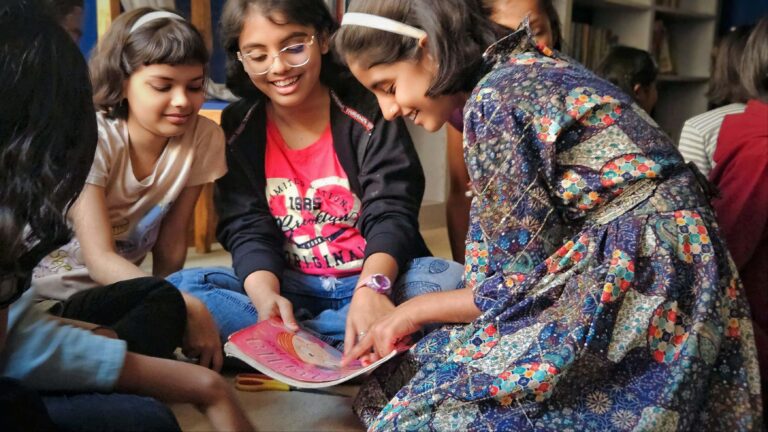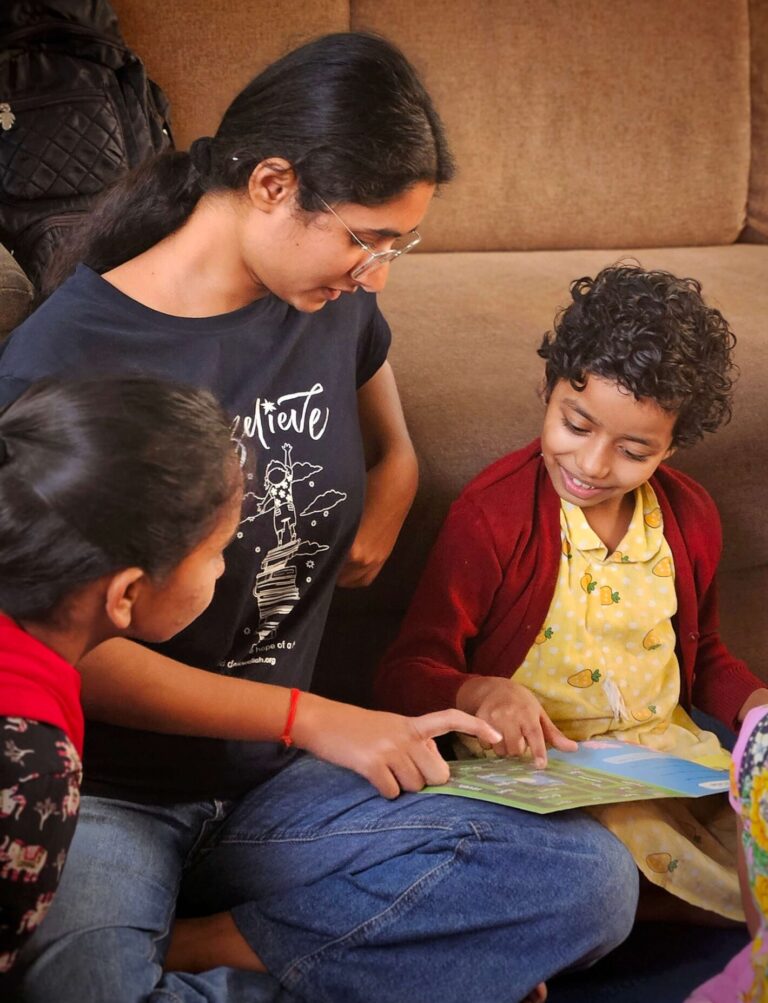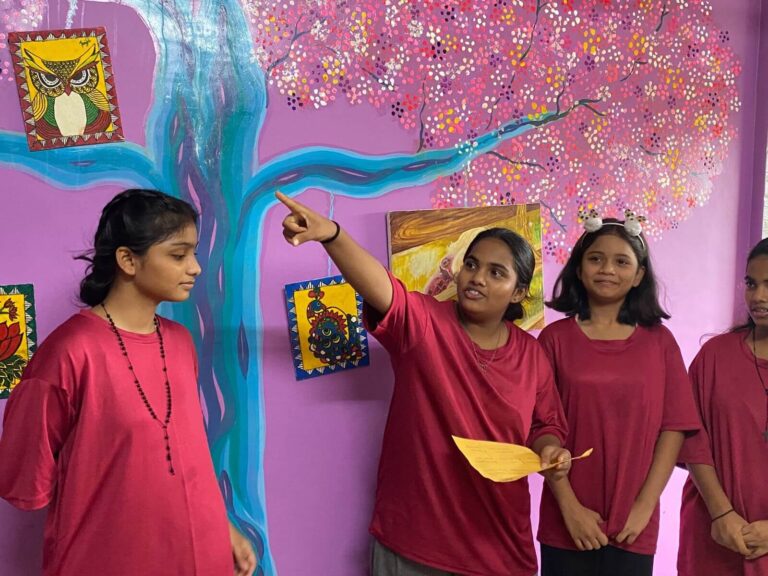International Women’s day is around the corner, this is the time when women are congratulated for their girl-bossing and breaking stereotypes and most importantly for their unconditional emotional labour but the very institutions that applaud
women for their contributions are the same ones upholding systemic barriers
that restrict their progress. Through policies, structures, and ingrained biases,
these entities create obstacles rather than dismantling them, limiting women’s
access to opportunities and reinforcing deeply entrenched gender disparities.
Only a few take concrete action to ease the burdens placed on them.

One might assume this issue is confined to certain homes or specific cultures,
but the imbalance extends far beyond domestic spaces. In her book Invisible
Women, Caroline Criado Perez highlights how gender bias infiltrates
research, design, and infrastructure, shaping a world that prioritizes male
convenience while disregarding female needs. The very systems we rely
on—public safety measures, transportation, consumer products—were not
built with women in mind. Smartphones are designed to fit the average male
hand. Car safety measures, including seatbelts, are tested primarily on male
crash test dummies, endangering women in accidents. Public spaces,
workplaces, and even medical research are designed with men as the default,
forcing women to navigate a world that was never built for them. It is no
surprise, then, that Simone de Beauvoir’s words ring true: “One is not born,
but rather becomes, a woman.”

From an early age, girls are subjected to unreasonable expectations. They are
expected to care, to remember to care, to nurture, and to go above and beyond
in ways that boys are not. They are conditioned to shoulder emotional labor
before they even understand its weight. This reality transcends cultures and
societies, a byproduct of the pervasive nature of patriarchy. Imagine a child
being forced to grow up too soon, denied the care and love they
deserve—because even the adults around them, shaped by the same
conditioning, believe that a girl does not need care, that she exists to provide
it. This is what we call benevolent sexism—a form of discrimination masked
as tradition, duty, or even affection.
Given these systemic exclusions, Women’s Day celebrations often feel
hollow and performative that do little to address the deep-rooted barriers
women continue to face. However, meaningful change is possible if we
actively create opportunities for girls while unlearning the biases that shape
our perceptions. At Bookwallah, we believe that stories have the power to
shape perspectives, and through our work, we are ensuring that girls see
themselves as caretakers of others, but as architects of their own future. We
harness the power of storytelling to challenge traditional gender roles,
ensuring that the narratives children engage with reflect diverse and
empowering female perspectives. Through our Leadership Program, we
provide girls with a space to share their experiences, set personal goals, and
develop essential skills in decision-making and assertiveness. By critically
examining gender biases and the weight of traditional expectations, we
encourage girls to step into leadership roles, take initiative in planning and
leading library activities, and by extension empower them to reclaim their
agency. Change begins not just with awareness but with intentional action,
ensuring that every girl sees herself as a force of possibility.

Real change doesn’t come from celebration alone, it comes from action. If we
want a world where girls grow up with the freedom to lead, to choose, and to
thrive, we must go beyond words and challenge the biases woven into
everyday life. This Women’s Day, let’s move beyond recognition and commit
to creating real opportunities.
